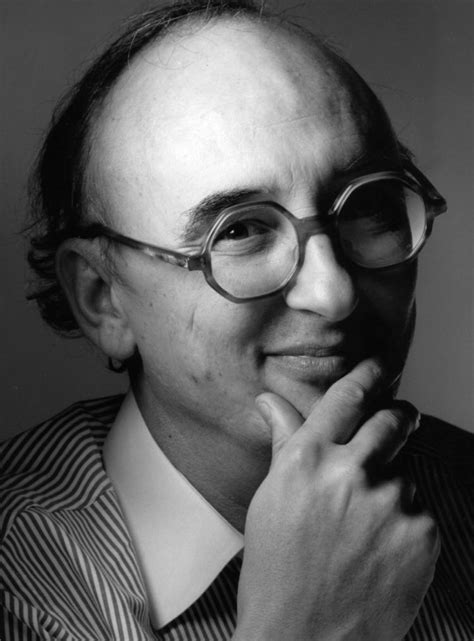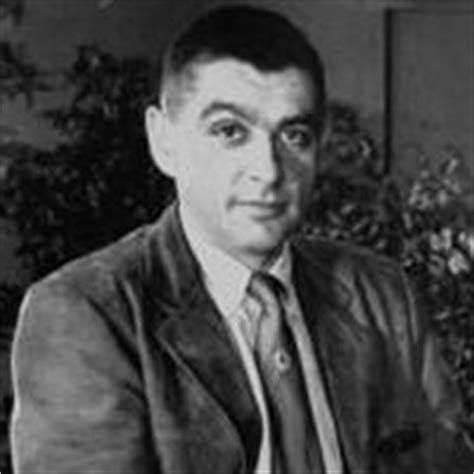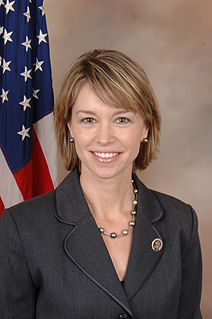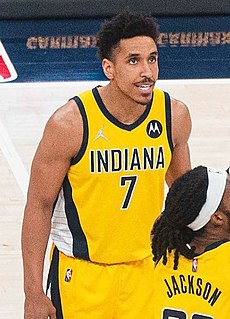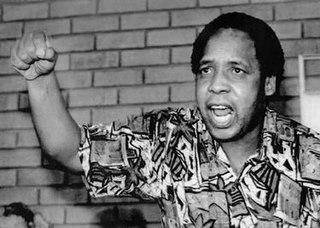A Quote by William Kamkwamba
I want to bring clean water to people who do not have it. What I'm trying to do now is think of ways to build a well-drilling machine that is low-cost so people in rural areas can afford it. People in rural places could use the water for irrigation or for drinking.
Related Quotes
Over 1 billion people have no access to clean drinking water, and more than 2.9 billion have no access to sanitation services. The reality is that a child dies every eight seconds from drinking contaminated water, and the sanitation trend is getting sharply worse, mostly because of the worldwide drift of the rural peasantry to urban slums.
Rural poverty happens because people aren't being paid to take adequate care of their places. There's lots of work to do here. And you can't afford to pay anybody to do it! If you depress the price of the products of the place below a certain level, people can't afford to maintain it. And that's the rural dilemma.
I think we have not done a good job of explaining to people in rural America what is actually happening, number one. And, number two, we're not expressing appreciation and acknowledging the contribution that rural America makes. Where does your food come from? Where does the water come from? Where does the energy feedstock come from? It all comes from rural areas. Where does your military come from? Nearly 35 to 40 percent of the military is from 15 percent of America's population living in rural America. It makes a tremendous contribution to this country. It just isn't recognized.
Water is one of the most basic of all needs - we cannot live for more than a few days without it. And yet, most people take water for granted. We waste water needlessly and don't realize that clean water is a very limited resource. More than 1 billion people around the world have no access to safe, clean drinking water, and over 2.5 billion do not have adequate sanitation service. Over 2 million people die each year because of unsafe water - and most of them are children!
The level of dependence on government among rural populations is actually extraordinary. They suffer even more when that assistance is taken away because they don't have access to the economic dynamism of cities. So if there are ways to tell stories that help people in rural areas see their kind of mutual need for care, that to me is the kind of thing that I want HuffPost to try and do.
Socialism is not about big concepts and heavy theory. Socialism is about decent shelter for those who are homeless. It is about water for those who have no safe drinking water. It is about health care, it is about a life of dignity for the old. It is about overcoming the huge divide between urban and rural areas. It is about a decent education for all our people. Socialism is about rolling back the tyranny of the market. As long as the economy is dominated by an unelected, privileged few, the case for socialism will exist.



